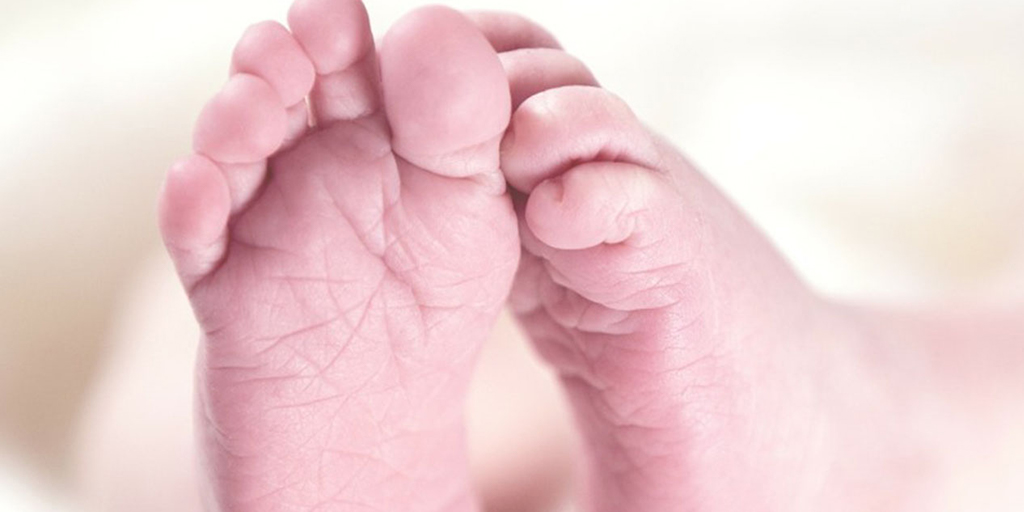In the realm of slumber, where sleep should reign supreme, a shadow lurks – SIDS, sudden infant death syndrome. Like a thief in the night, it silently claims the lives of infants, leaving heartbreak and unanswered questions in its wake. As the specter of SIDS lingers, a grim reality emerges: as deprivation tightens its grip on society, the risk of these tragic deaths escalates. In this chilling article, we unravel the intricate tapestry connecting poverty and SIDS, revealing the haunting truth that economic disparities can translate into fatal consequences for our most vulnerable little ones.
– Tragic Rise in SIDS Deaths
Fatal toll: The number of babies who die suddenly and unexpectedly in their sleep has risen sharply in the UK, with almost four children dying every week. Charity The Lullaby Trust warns that the rising cost of living and deprivation in some areas could be contributing to an increase in SIDS-related deaths.
– Deprivation: A Harrowing Factor
While poverty remains a pervasive issue, certain factors exacerbate the risks of SIDS, such as:
- Unhygienic and cramped living conditions: Overcrowding and poor sanitation can contribute to the spread of respiratory infections, a major risk factor for SIDS.
- Inadequate access to healthcare: Families living in poverty may lack access to prenatal care, regular check-ups, and safe sleeping equipment, all of which are crucial for infant health.
- Higher rates of smoking and substance abuse: Stress and economic hardship can lead to increased smoking and drug use, which increase the risk of SIDS.
– Prevention Strategies: Empowering Communities
Empowering Communities for Safer Sleep Practices:
To effectively address the rise in SIDS cases, empowering communities through comprehensive education and support programs is crucial. engagement of health professionals, community volunteers, and families is vital to raise awareness about safe sleep practices, such as:
Safe Sleep Environments: Promoting the use of firm, flat, and bare sleep surfaces, such as cribs that meet safety standards, and avoiding soft bedding and overcrowding.
Positional Sleep Guidance: Emphasizing the importance of always placing infants on their backs to sleep, as it substantially reduces the risk of SIDS.
Pacifier Use: Encouraging the use of pacifiers during sleep, as they may provide a protective effect against SIDS.
Smoking Cessation: Advocating for smoking cessation, as exposure to secondhand smoke has been linked to increased SIDS risk.
* Community Volunteers: Recruiting and training community volunteers to provide practical support and guidance to families, including home visits to assess sleep environments and offer personalized advice.
– Urgent Need for Intervention
Urgent Need for Intervention
SIDS UK, a leading SIDS charity, calls for urgent intervention as increasing deprivation levels threaten to further exacerbate the already concerning rise in SIDS rates. The well-documented link between socioeconomic disadvantage and SIDS strongly suggests that rising levels of poverty, inadequate housing, and limited access to healthcare contribute significantly to the increased incidence of SIDS. The charity emphasizes the importance of tackling these underlying social determinants of health to effectively address the SIDS epidemic and protect vulnerable infants.
The Way Forward
As we bid farewell to this sobering exploration, let us linger upon a moment of reflection. The symphony of life can be as delicate as a newborn’s heartbeat, and it is our collective responsibility to harmonize the unseen forces that shape their journey. Let this haunting tune serve as a clarion call, urging us to shatter the barriers of deprivation and weave a tapestry of support for every cradle. Only then can we cradle our infants in the unwavering embrace of hope and witness the dawn of a brighter horizon for all.

